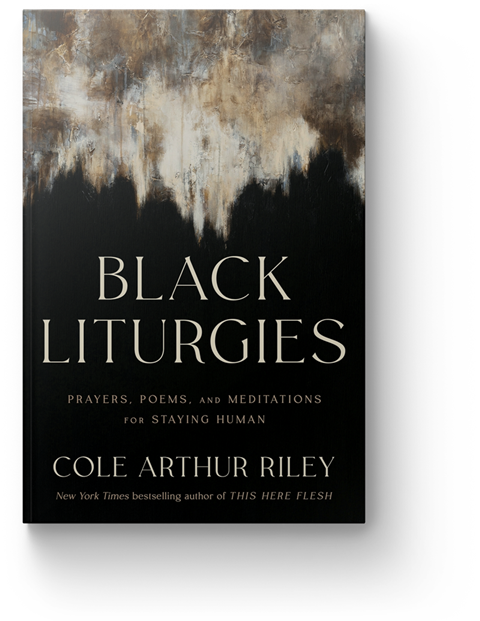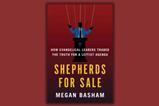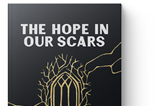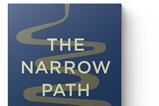
This book has been marketed for “anyone asking what it means to be human”, but I suspect its actual audience will be more focused than that. As the author and African-American poet Cole Arthur Riley herself writes: “I was desperate for a liturgical space that could center Black emotion, Black literature and the Black body unapologetically.”
As a white, British, male reader, I was conscious of being multiple steps removed from the experiences of a Black, American, female author. But Riley and I aren’t completely different. We are both 30-something people with chronic health issues who want to follow Jesus. Black Liturgies is honest, real and well-crafted. Riley writes beautifully and the shape of her liturgies is clearly explained.
Any attempt at Christian liturgy is a work of theology and must be engaged with as such. A key takeaway was an affirmation of something vital: our bodies matter, deeply. Unfortunately, some of the other theology in the book is questionable. Take for example this ‘breathe’ section: “INHALE: I deserve more. EXHALE: I claim more. INHALE: This flesh is sacred. EXHALE: I contain the divine.” Our flesh is not sacred, and we do not necessarily contain the divine. There can be a fine line between truth and error – and this is an example of that line being blurred, no doubt with the best of intentions.
Similarly, it is one thing to affirm the goodness of creation due to the creator, quite another to speak of “the divine in all of creation”. Some of the theology is beautifully written and formed in such a way that I can say “Amen”, but by no means all. As a book of liturgy for relatively well-off urban deconstructing millennials, it has some value, and I am glad I read it, but the theological issues prevent me from wholeheartedly recommending it.







































No comments yet